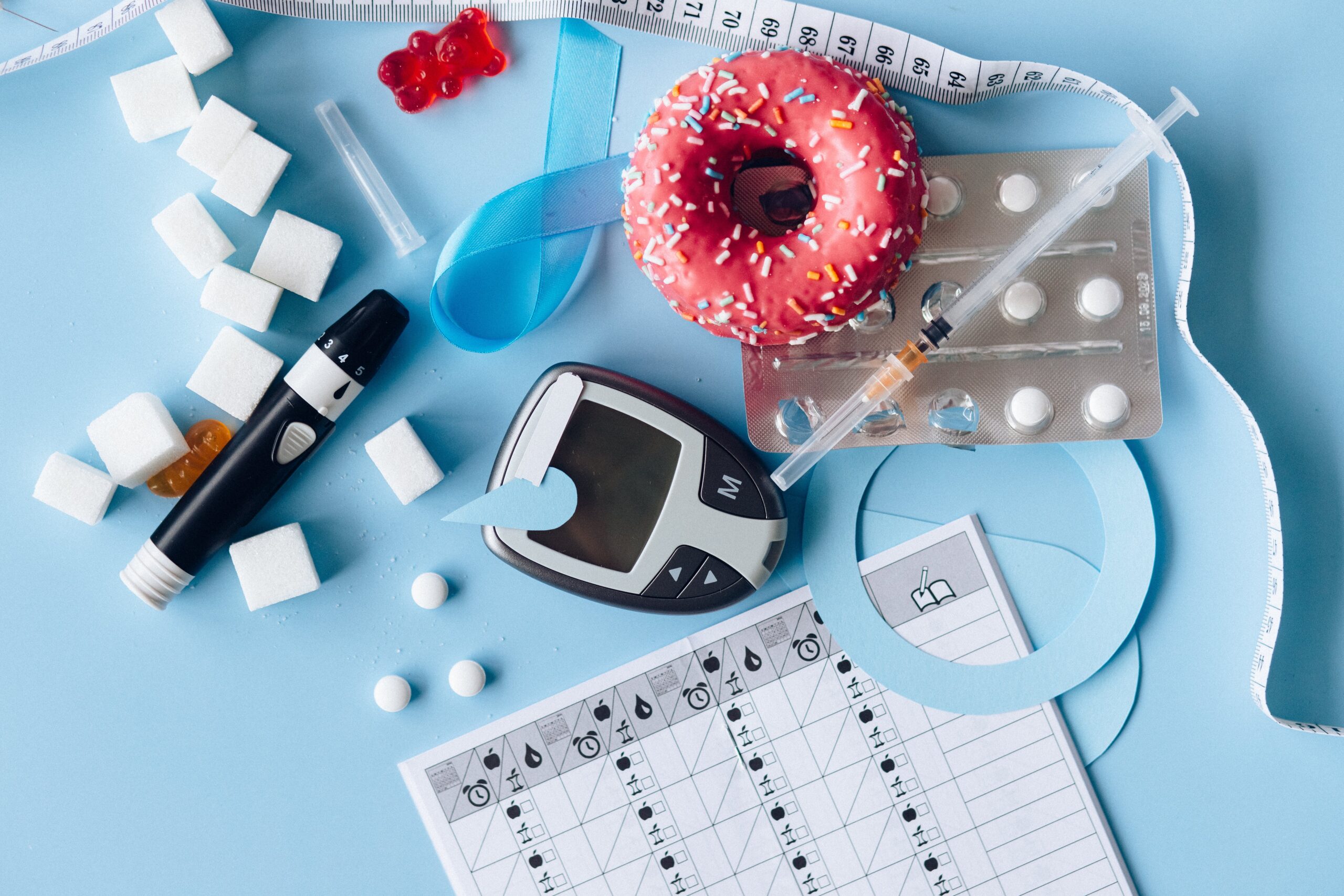
What was our team trying to understand?
Youth with type 2 diabetes (T2D) have really high rates of early kidney disease and are at high risk of progressing to kidney failure, requiring dialysis. Adult studies have identified blood sugar control and blood pressure as key targets for treatment. However, our patient partners have told us that mental health impacts their day to day lives and that stress may also be an important, yet overlooked contributor to early complications. So, in our study called iCARE (improving renal Complications in Adolescents with type 2 diabetes through REsearch), we asked what are the key contributors to early kidney disease in youth with T2D?
How did we tackle this question?
We collected a variety of measurements including 24 hour blood pressures, blood and urine tests from 187 youth with T2D and asked them about their stress levels and mental health. We also measured how much inflammation youth had in their blood. We put all the information together into a special statistical model, which told us what factors seemed to be linked with early kidney disease. We identified early kidney disease, by measuring the amount of protein leakage into the urine overnight which they were asleep. Healthy kidneys do not allow protein to leak out, so when we see protein in the urine this is a sign of disease.
What did we find?
Our study showed 30% of youth with T2D have protein in the urine. Blood pressure and blood sugar are also important in youth with T2D and contribute to kidney disease. We also found that higher levels of inflammation are seen when stress levels, and depression and anxiety levels are high. This inflammation may also be linked with kidney injury. So, we think stress and poor mental health may in fact be important factors affecting physical health in an indirect way.
Why is this important for families and children living with type 2 diabetes?
Stress is something real that children and families live with every day. Doctors should be asking about it in clinic and helping patients and families manage it.
What should we do next?
We need to know if helping patients with their stress improves their physical and kidney health. We want to design a study with our patient partners to try to improve their mental health and to study whether this decreases their rates of kidney disease. If you want to be involved let us know! We would love to hear from you!
iCARE phone number: 204-789-3827
CLICK HERE to view the full paper
What's New


New Training Opportunity for Indigenous Undergraduate Students


Now Recruiting Participants for a Research Study!


UM Knowledge Exchange: Type 2 Diabetes in Children


Cardiorespiratory Fitness and Physical Activity in Pediatric Diabetes


Establishing evidence for immune surveillance of β-cell senescence



